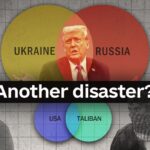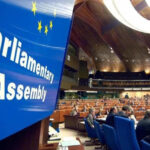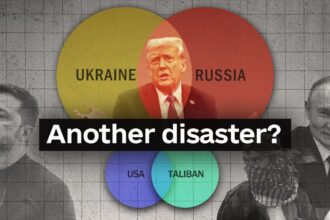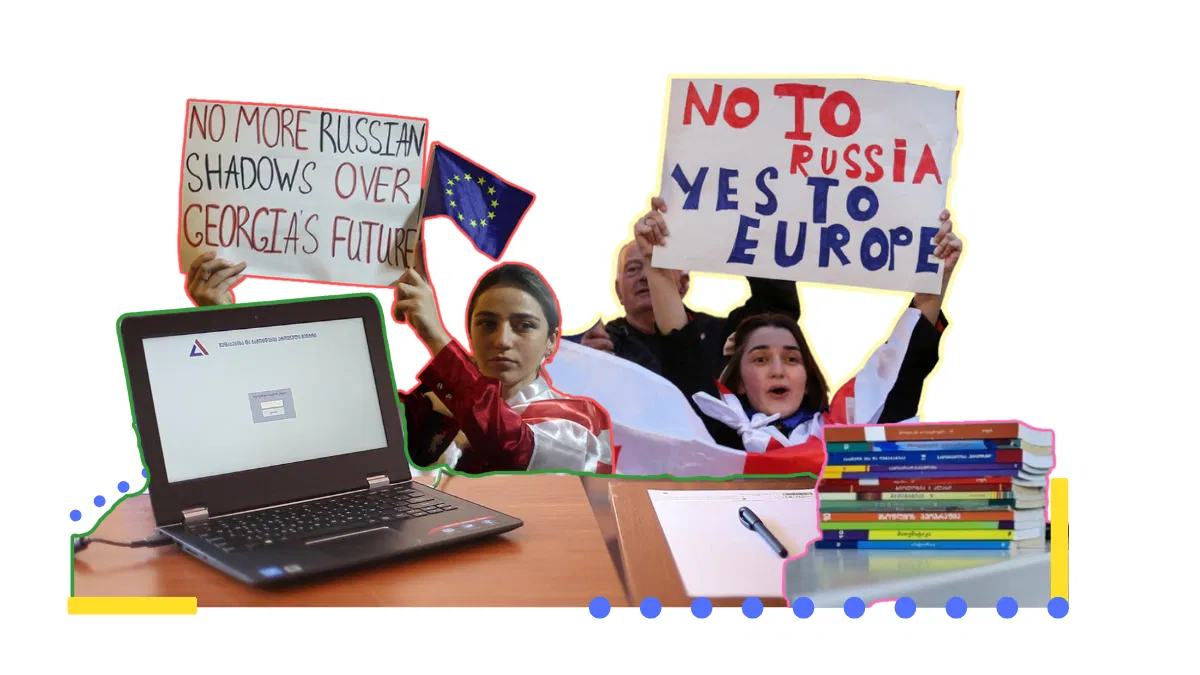The article discusses the controversy surrounding the changes made to Georgia’s national exam curriculum, particularly in the subjects of Georgian language and literature. The opposition and civil society actors have criticized the ruling party, Georgian Dream (GD), for removing texts that highlight Georgia’s history of resistance against Russian rule.
Here are some key points from the article:
1. **Changes to the curriculum**: The National Assessment and Examinations Center (NAEC) has removed non-compulsory texts from the national exam program in Georgian language and literature, sparking controversy.
2. **Criticism of GD**: Opposition leaders have accused the ruling party of trying to whitewash Georgia’s history and promote a pro-Russian agenda through education reforms.
3. **Education experts’ opinions**: Education experts Simon Janashia and Revaz Apkhazava have weighed in on the issue, with Janashia suggesting that schools should be given more freedom to decide what to teach their students, while Apkhazava points out the problems of political co-optation and instrumentalization of school principals and teachers by the ruling party.
4. **History exam changes**: Historian Bondo Kupatadze explains that the recent decisions have damaged the coherence of the education and examination systems without necessarily improving the level of education.
5. **GD’s conservative drift**: The article also touches on GD’s conservative drift, which targets schools and educators who are critical of the party’s policies.
The controversy surrounding the changes to Georgia’s national exam curriculum highlights the ongoing struggle between the ruling party and opposition forces in Georgia. The debate over education reform has broader implications for the country‘s future and its relationship with Russia.
Some possible questions that come out of this article include:
* What are the underlying motivations behind GD’s decision to remove certain texts from the national exam program?
* How will these changes affect students’ understanding of Georgian history and culture?
* What impact will these reforms have on education in Georgia, particularly for marginalized groups or those with limited access to resources?
* How might this controversy be related to broader societal debates about patriotism, identity, and national values?













